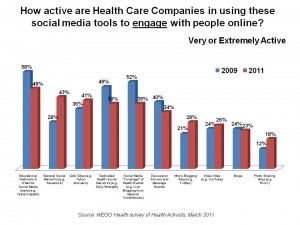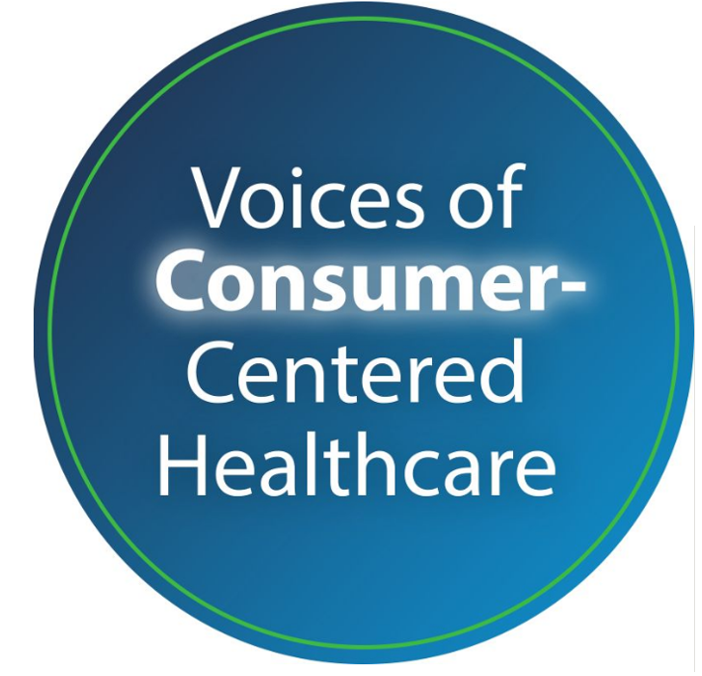 Anyone attending a Health 2.0 or health IT meeting in the past 18 months has (hopefully) been exposed to the force known as Todd Park, Chief Technology Officer of the Department of Health and Human Services, and his mantra of “Data Liberación.” Data Liberación is the act of freeing data — in this instance, health data — locked within data silos, to be ‘liberated” allowing it to move about so that analysts can learn from it and develop strategies to better manage health for individuals and populations.
Anyone attending a Health 2.0 or health IT meeting in the past 18 months has (hopefully) been exposed to the force known as Todd Park, Chief Technology Officer of the Department of Health and Human Services, and his mantra of “Data Liberación.” Data Liberación is the act of freeing data — in this instance, health data — locked within data silos, to be ‘liberated” allowing it to move about so that analysts can learn from it and develop strategies to better manage health for individuals and populations.
Now there’s a force advocating for “Social Media Liberación” in Health: health activists, the most engaged patients on the planet. WEGO Health polled 223 of the portal’s most active patients in March to update what WEGO Health learned from health activists and presented to the FDA’s hearing on social media in November 2009.
WEGO Health segments health activists as the top 3-4% of online health consumers who are social media ‘power users,’ keen to share their experience and expertise in their respective disease states and conditions.
On the upside in the collective mind of health activists, more health companies are engaging with social media online: in the 2009 testimony, 58% of health activists observed that health care companies were using social media tools to engage with people online; in March 2011, that proportion rose to 69% — fully two-thirds. Still, health activists are “getting impatient,” the survey discovered, with those health care companies that do not engage with social media in health. Activists assert that health companies have an obligation to correct misinformation that’s online by contributing accurate content about products, while complying with existing regulations. Those organizations who are already engaging with activists via social media are gaining their trust, the poll found.
What are those health companies engaged in social media doing? About one-half are leveraging social media for educational webinars and chats. 43% are using general (non-health specific) social networks like Facebook. Another 41% are participating in Q&A sites like Yahoo! Answers, and 39% are using dedicated health social networks and covering live events using social media (e.g., blogging live from medical conferences).
The use of Twitter (the king of micro-blogging sites) is growing among health care companies for engaging with people online. This category of social media use for online health engagement grew from 21% to 28% between November 2009 and March 2011 in the eyes of health activists.
Health Populi’s Hot Points: Health activists offer health companies four areas of advice for engaging with health consumers via social media. First, health care companies should bring their expertise front-and-center, using facts and knowledge to have a ‘more accurate conversation’ with health consumers. Of prime importance to this objective is that companies should correct misinformation about treatment options in social media; 55% of health activists agree that there are many misconceptions and misinformation about health companies’ products on general social media sites.
Second, communications in social media shouldn’t be about ‘selling,’ but ‘educating.’ That doesn’t mean branded communications are unwelcome — but when brands are being discussed, this should be done with transparency and following the rules, advice point number three. A corollary to this is point #4: be authentic, genuine, real — as one patient put this, “be proud of your participation, show how you can help.”
Authenticity is key to consumers — not just activists — engaging in health with stakeholders in their personal health ecosystems. Those companies that earn that trust will gain favor with health activists, who then pay it forward peer-to-peer with fellow health consumers in social networks. That’s not just Social Media Liberación — it’s good for peoples’ health and outcomes.




 Thank you, Jared Johnson, for including me on the list of the
Thank you, Jared Johnson, for including me on the list of the  I am so grateful to Tom Lawry for asking me to pen the foreword for his book, Health Care Nation,
I am so grateful to Tom Lawry for asking me to pen the foreword for his book, Health Care Nation,  Thanks to Feedspot for naming this blog, Health Populi, as a
Thanks to Feedspot for naming this blog, Health Populi, as a